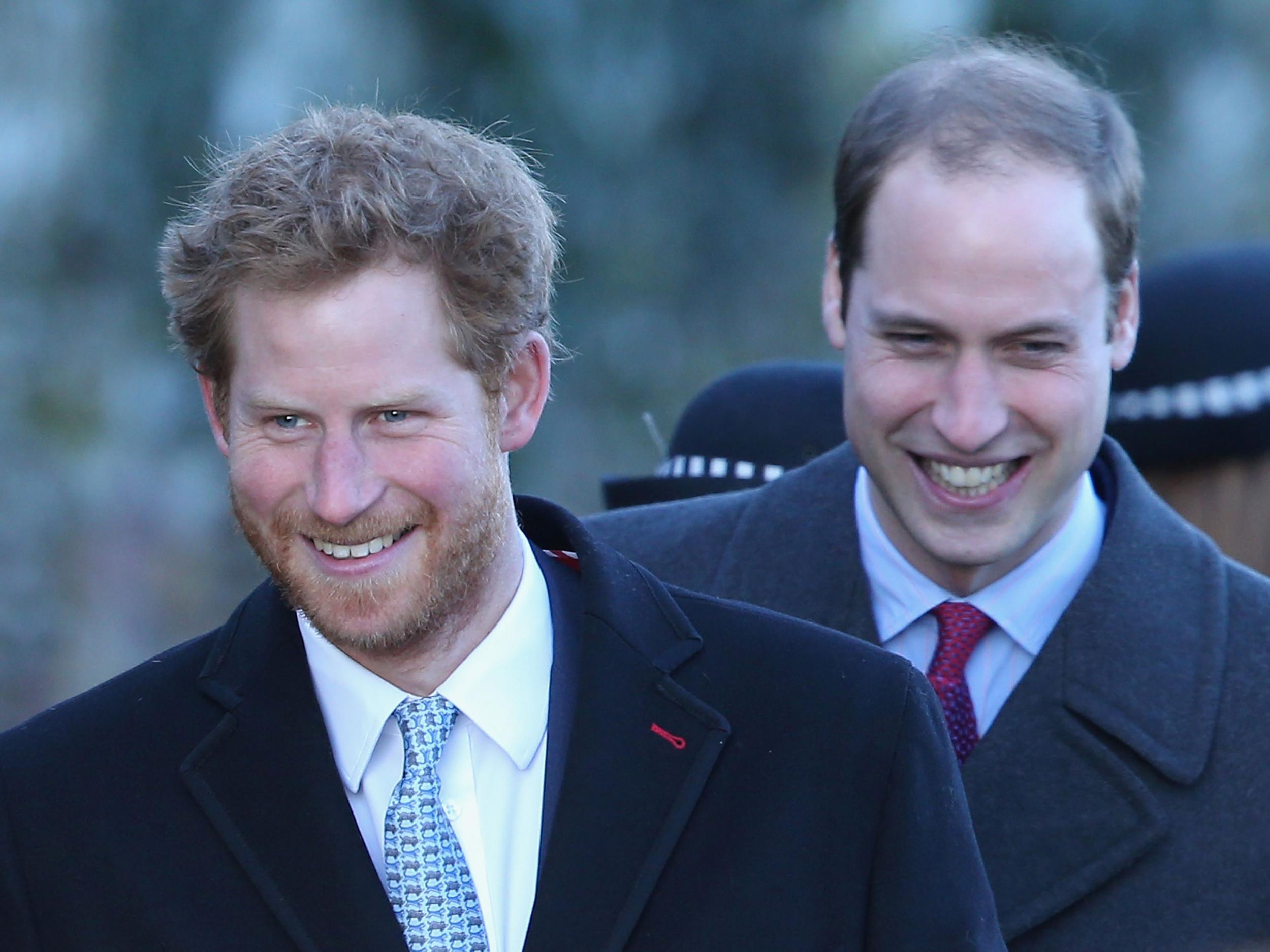First-born children ‘more intelligent’ due to extra mental stimulation from parents
Study could explain higher achievement by first-borns in education and employment

Your support helps us to tell the story
From reproductive rights to climate change to Big Tech, The Independent is on the ground when the story is developing. Whether it's investigating the financials of Elon Musk's pro-Trump PAC or producing our latest documentary, 'The A Word', which shines a light on the American women fighting for reproductive rights, we know how important it is to parse out the facts from the messaging.
At such a critical moment in US history, we need reporters on the ground. Your donation allows us to keep sending journalists to speak to both sides of the story.
The Independent is trusted by Americans across the entire political spectrum. And unlike many other quality news outlets, we choose not to lock Americans out of our reporting and analysis with paywalls. We believe quality journalism should be available to everyone, paid for by those who can afford it.
Your support makes all the difference.First-born children are more intelligent than their siblings because they receive more mental stimulation in their early years, new research has shown.
Confirming the suspicions of eldest brothers and sisters everywhere, University of Edinburgh economists found first-borns achieve higher IQ test scores from as young as one year old.
The researchers, collaborating with a team from from Sydney University, examined data from 5,000 children who were given reading and picture vocabulary tests every two years.
By analysing the results in relation to parental behaviour, they found first-borns were given more support with tasks that involve thinking, and subsequently scored better on the tests.
The differences in test scores increased slightly with age, according to the study published in the Journal of Human Resources, which looked at children’s mental progress from pre-birth to age 14.
All children were found to receive the same level of emotional support, but parents appeared to spend less time on brain-stimulating activities with their younger children, took part in fewer activities with them such as reading, crafts and music.
Parents were also more likely to take increased risks, such as smoking more, after the birth of their second child.
Dr Ana Nuevo-Chiquero, who led the research, said the results could be used to explain differences in achievement observed in education and employment later in life.
Previous studies have shown first-borns to be more successful and ambitious. Researchers at the University of Essex found that within a family, first-borns are 16 per cent more likely to pursue higher education than their younger siblings.
However, first-borns are also more likely to be short-sighted than their younger counterparts and are 20 per cent more likely to have severe myopia.
This could also be because of the length of time parents dedicate to their education, according to research published in the journal Jama Ophthalmology.
The University of Edinburgh and Sydney University study used data collected by the US Bureau of Labour Statistics, but experts have warned any results are generalities, which may or may not translate to individual families.
Join our commenting forum
Join thought-provoking conversations, follow other Independent readers and see their replies
Comments